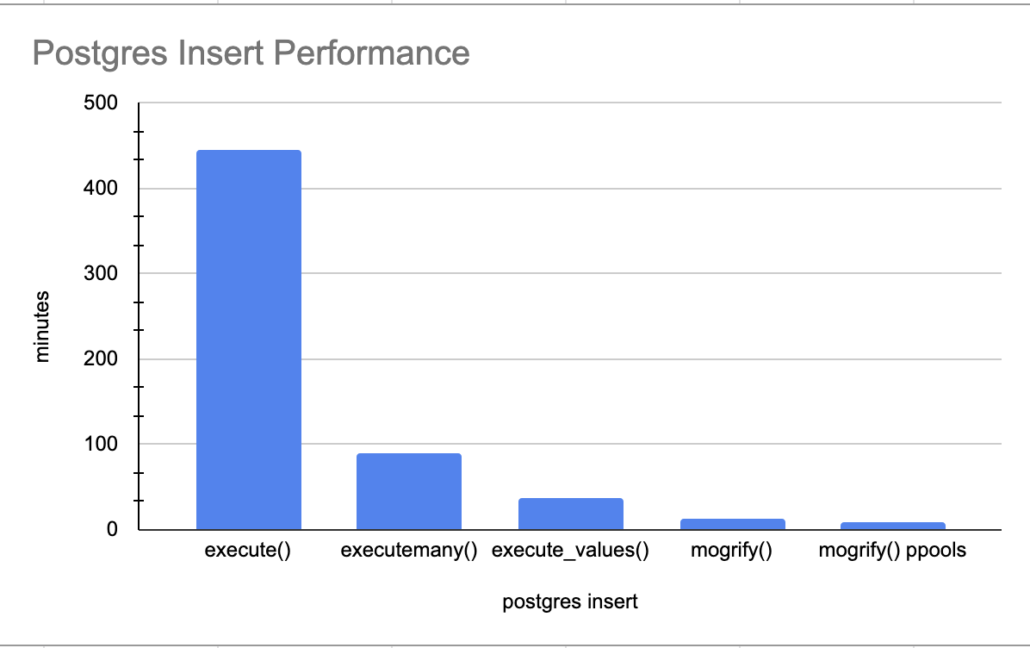
So, you’ve heard about dbt have you. I honestly can’t decide if it’s here to stay or not, probably is, enough folks are using it, and preaching about it. I personally have always been a little skeptical of dbt, not because it can’t do what it says it can do, it can, but because I’m old and bitter from my many years of Data Engineering, and I always see the problems in things.
But, I will let you judge that for yourself. Today I want to give a brief overview of dbt, kick the tires, muse about its features, and most importantly, look at dbt from a Data Engineering perspective, ferret out the good, the bad, and the ugly. I will try my best to be nice but don’t count on it. Code is on GitHub.









